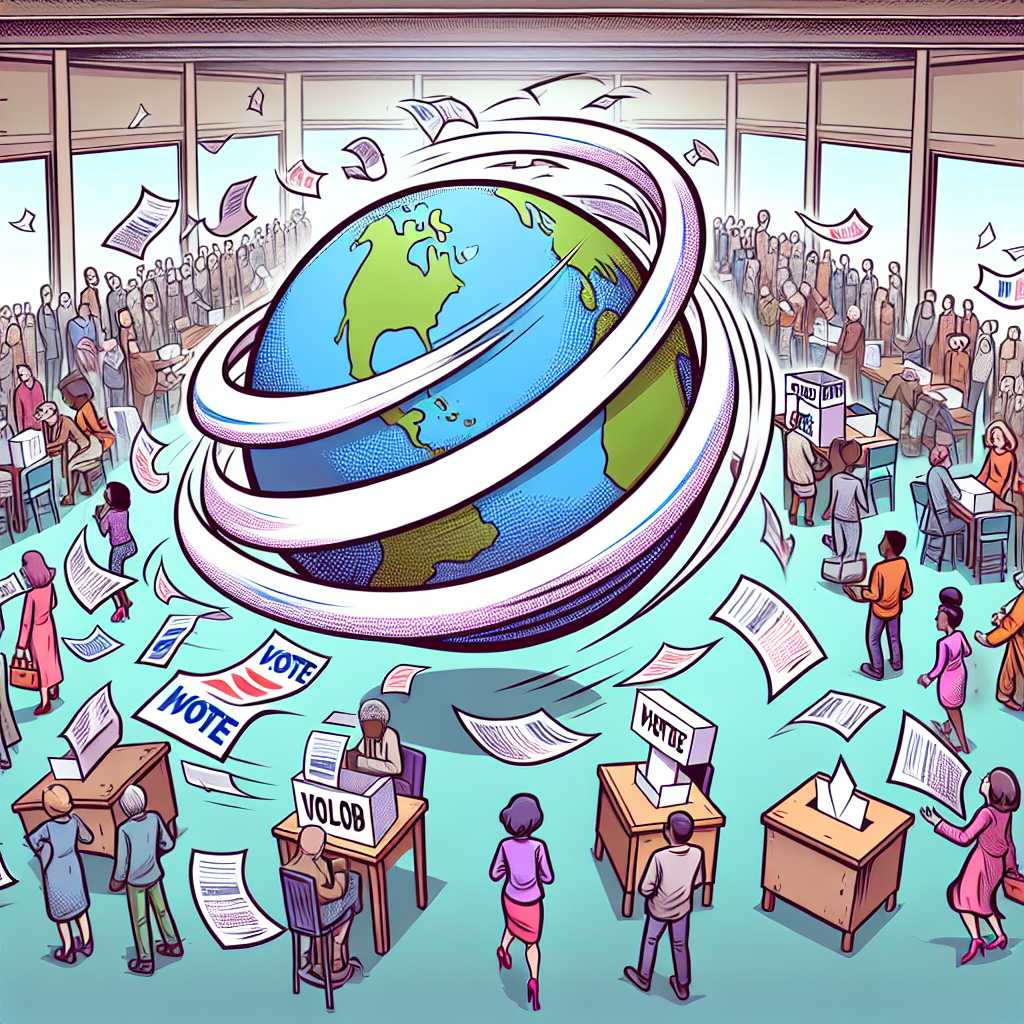Ireland's Election Stirs Coalition Challenges Amid Economic Concerns
Ireland's center-right parties Fine Gael and Fianna Fail appear poised to return to power following recent elections. However, they require a smaller party's support for a majority, raising concerns about governmental stability. With Sinn Fein excluded from discussions, coalition negotiations could prolong. Economic challenges, particularly related to U.S. policies, loom large.

As Ireland's political landscape undergoes post-election shifts, center-right parties Fine Gael and Fianna Fail face the challenge of forming a stable government. Despite securing significant votes, they find themselves in need of a smaller coalition partner to achieve a majority, casting uncertainty over the next administration's stability.
The election results indicated a complex political scenario with Fine Gael at 20.5% and Fianna Fail at 21.9% of first-preference votes. Left-wing Sinn Fein, until recently a strong contender, was decisively ruled out as a coalition partner. The focus is now on whether the center-right bloc can gather enough seats for a majority.
Economic concerns intensify as Ireland braces for potential impacts from U.S. President-elect Donald Trump's corporate tax plans, which threaten Ireland's economic well-being. With looming coalition talks and economic uncertainties, the path ahead for Ireland's political and economic future remains unclear.
(With inputs from agencies.)
- READ MORE ON:
- Ireland
- election
- coalition
- government
- Fine Gael
- Fianna Fail
- Sinn Fein
- economy
- Trump
- taxes










